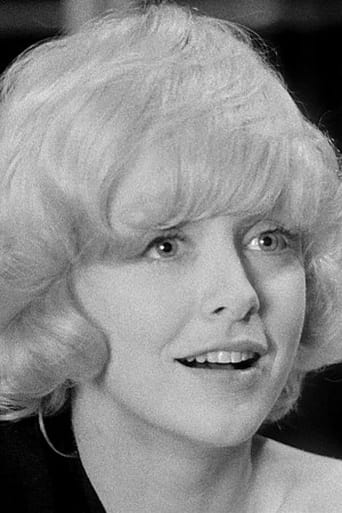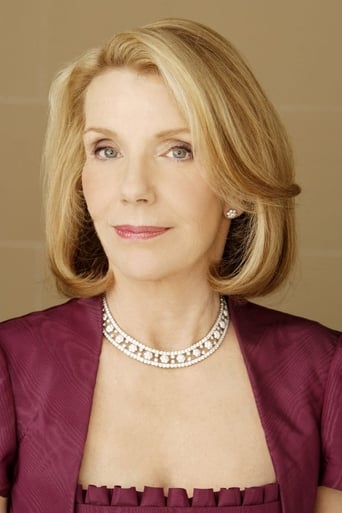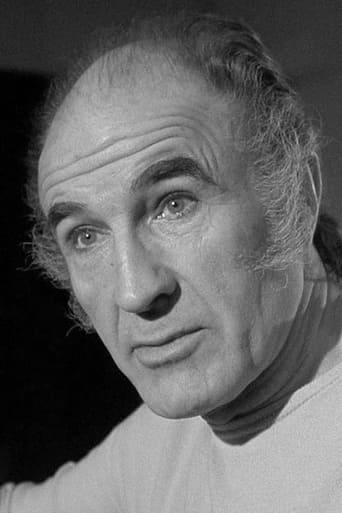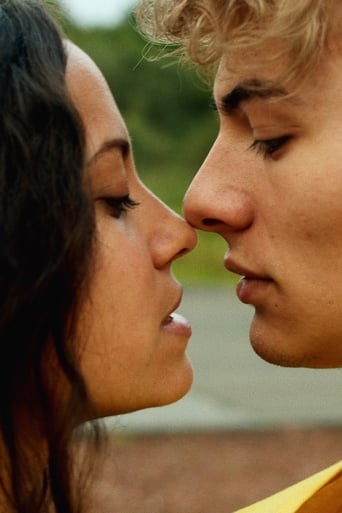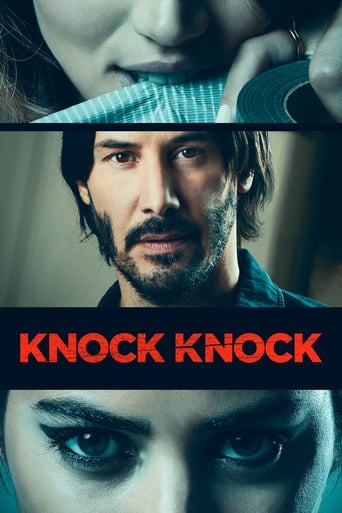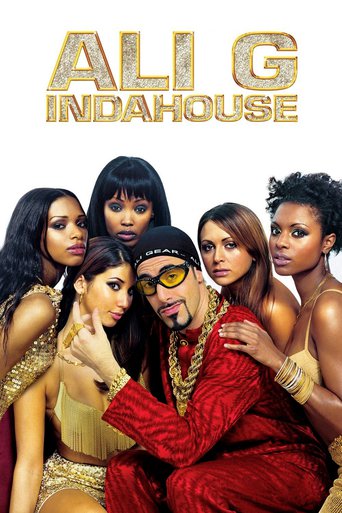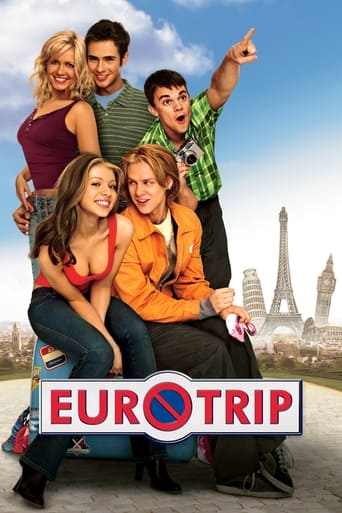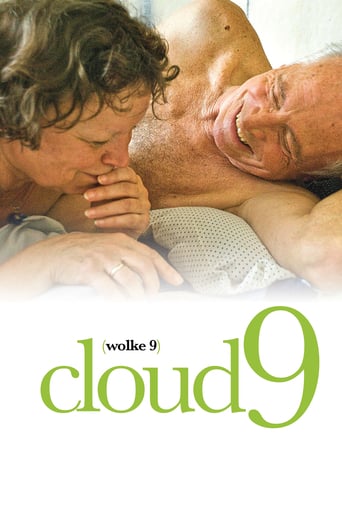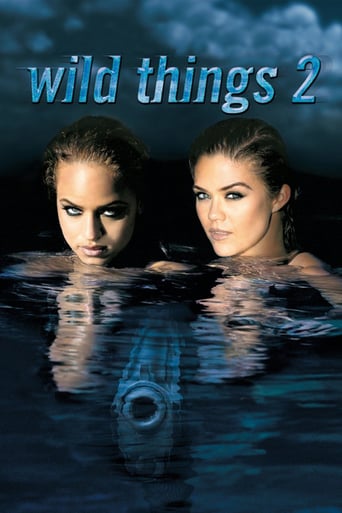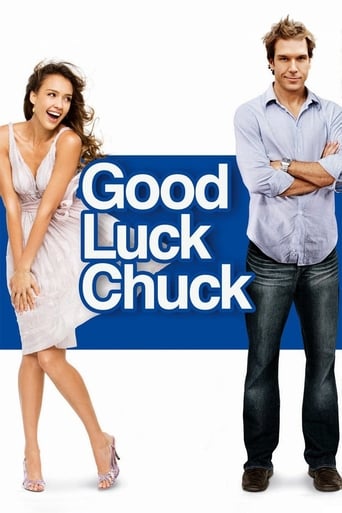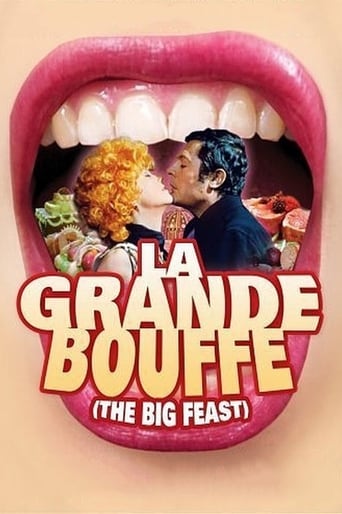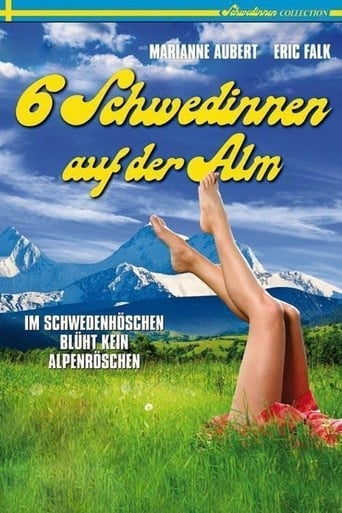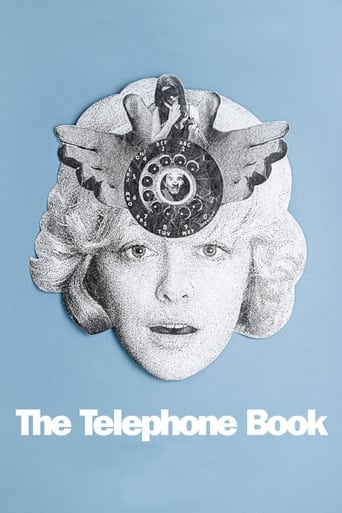

The Telephone Book (1971)
A sexually voracious young woman receives a dirty phone call from a stranger; so satisfied by the experience, she sets out to find him somewhere in New York City.
Watch Trailer
Cast


Similar titles
Reviews
Rating: While France was experiencing a massive directorial overhauling of conventions and norms in the sixties, it seems the always intriguing city of New York City was experiencing something of a shift in their approach to American cinema as well. With Nelson Lyon's The Telephone Book captures such a peculiar time in seventies cinema, which is the underground cinema movement in NYC, where rebel filmmakers began realizing that they didn't have to follow in the footsteps of big time filmmakers and could make what they so desired in the comfort of their own neighborhood. One could loan their discoveries and beliefs to the development of what is known today as independent films, or films that lack the participation of large studios with blank-checks and huge distribution deals.The Telephone Book is one of the most fascinating and truly unique cult films from the seventies you have never seen nor heard of. It concerns a young, eighteen-year-old girl named Alice (Shannon Kennedy), who possesses tendencies of a nymphomaniac. Alice lives in her NYC apartment, which is lined with explicit, black and white sexual photographs and lewd images that assist her in her own personal self-discoveries.One day, Alice gets a call from a man claiming to be named "John Smith" (Norman Rose), a man with an incredibly deep voice and one who has the rare ability of being able to seduce women just by the sound of his voice. Alice is smitten by his charm and his smooth-talking ways, and after getting his name, makes it her goal to try and track him down and find him in person. Alice has become in love with what she finds the greatest obscene phone call in history.Alice goes on an exhaustive search for the man, who claims to have one of the most notoriously common names in the country. However, even when she sticks to the telephone book focusing on just the people in New York City she is overwhelmed with results. The film follows her as she exhaustively searches for the man, running into some of New York's strangest and quirkiest souls. One of them is a stag film director who enjoys sex with multiple women at a time, while another subject provides for one of the film's most hilarious scenes. This scene involves your average everyman, who tries to find ways to get Alice to say dirty words and paying her in change so she can make more calls to find her real "John Smith." The man has a change dispenser clipped to the waistband of his pants, which represents his ejaculation and his level of arousal. You may already know where this is going, but the result is devilishly funny and provides for some of the strangest, most off-the-wall comedy the film has to offer.The film is photographed in high-contrast black and white, providing an even edgier, more authentic experience of the 1970's time period along with the vibes of what feels like unadulterated underground cinema. The Telephone Book comes from the time period where risks in films were actually taken and the idea of subversion wasn't nudged at but boldly and bravely toyed with to the point where what emerged was something almost totally unrecognizable and sometimes frightening.While sex is a huge topic in the film, and the intricate elements of sex are talked about quite frequently in the film, this film is not one for the erotic genre. Despite its subject matter, the picture is rarely erotic, but instead, more of a sensation, if anything. Even the fact that the film concludes with a surreal, seven minute animation sequence depicting graphic, mind-blowing sexual intercourse between two people on the phone in two separate phone booths solidifies that the film is more interested with being a sensory experience rather than an arousing one. The film was made during the time that "porno chic" was becoming popular, and even indulging in graphic sex scenes would've been a subversive move on the film's behalf. Instead, the film even ignores another groundbreaking element of the time to go off and do its own thing, which is even more unique. It's a film about sex that is rarely sexy.The Telephone Book feels like the kind of thing John Waters would've made in the early seventies and added it to his collection of trash cinema set in the eccentric land of Baltimore, Maryland. It plays the similar instruments of shock, weird comedy, oddball events, fetish pornography, and individualistic style. Needless to say, I loved every minute of it.Starring: Sarah Kennedy and Norman Rose. Directed by: Nelson Lyon.
A film that I think aims to get the audience into a state of sexual ecstasy. There's no point to the plot nor is there a message. It's all about sexual fantasies. Nobody in the picture actually has sex, they just talk dirty and that's how they get off. Even when the young Goldie Hawn look-a-like main character meets her obscene caller he never takes off his pig mask and all he does is TALK sex. At many points when the sexual tension is at its height the movie cuts away to people talking into the camera about their habit of doing obscene phone calls or putting bananas into their vagina and so on, so I think it wants to play with the audience. The last 10 minutes it is piling it up, though. It gets louder and faster by the minute, and more animated. The movie certainly had an orgasm.It's a very smudgy comedy, but barely funny. Kinda like a Russ Meyer picture but more experimental. There was an interesting moment at the theater. A guy on screen talks about his previous obsession of making dirty phone calls and it becomes more and more absurd but not particularly funny. Then the guy right next to me starts laughing out loud, and I mean really loud. He can't stop himself and goes "HA!" every few seconds. Gradually more and more people throughout the whole theater start laughing more or less because of what was on screen but they most certainly wouldn't have laughed if this guy hadn't started. When the next scene began it was all quiet again. There was close to no laughter throughout the rest of the picture.
I will admit that I did not give this movie much of a chance. I decided pretty early on that this just wasn't my kind of movie.For the most part, it has an excellent look in terms of its cinematography. The scenes of early 70's Manhattan look very good, as does the lead actress. It is a very crisp black and white, which could almost make the movie feel undated and fresh. However, some of the other techniques the filmmakers employ shoot that prospect all to hell. The disjointed editing is VERY late-60's, somewhere between surrealism and new wave. The story also feels like it came from a very specific time, somewhere between free love idealism and artsy experimentation.The film follows a young girl around the city as she looks for a man who she had anonymous phone sex with. As she meets other odd characters, she reveals her quirks and they reveal theirs. The movie seems to be meant as an off-the-wall, irreverent comedy, but adds an avant-garde feel. I would expect that if you like Andy Warhol movies, you would be very excited to discover The Telephone Book.Some problems I had: Near the end of the movie, one character tells a rambling anecdote that lasts over twelve minutes—-brutal to sit through. Also, there is a very explicit animation sequence that I found gross and juvenile that serves as the film's climax. I did laugh out loud four or five times, and I liked the ending (minus the flat-out disgusting animation). And when the film switched to color for the final phone-booth-at-night sequence, I actually liked the way it looked even better. It ended up being one of those experiences where I felt like I could have really liked it if it been a little different. But this is what the filmmakers gave us. It is obscure, artsy, and way left of the dial, but none of those are reasons to recommend it on their own. I didn't find it to be unique or creative so much as forced and pretentious.
Funny, near brilliant, underground movie about the sexual perversions of everyday people. Centers around Kennedy (who is a shoe in for a young Goldie Hawn) and her various experiences trying to find John Smith the greatest obscene phone caller she's ever heard. Problem is it's New York City, which leads her to a lot of wrong Smiths. The 'real' John Smith is played by actor Norman Rose who's deep resonate, 'newsman' voice (he's worked as a narrator on many other features) only adds to the hilarity as he explains in great detail how he came to be the 'greatest obscene phone caller of all time'. This is interspread by 'true life' confessions of former obscene phone callers that are so twisted you'll just have to laugh. Also has a wild,'far out' animated sequence that could easily fit into a Marilyn Manson video. Much more provacative than today's hardcore adult films, which tend to be very mechanical. A truly unique film viewing experience that is similar to the much herald PUTNEY SWOPE, but is more consistently funnier and imaginative. A terrific example of 'grass roots' filmmaking were the creativity and ingenuity of the director makes todays $200 million, special effects laden blockbusters look as stale as yesterday's lunch. Most amazing scene features actor Barry Morse (Lt Griggs of the old FUGITIVE TV series) having over ten naked women lay on top of him at the same time!!


